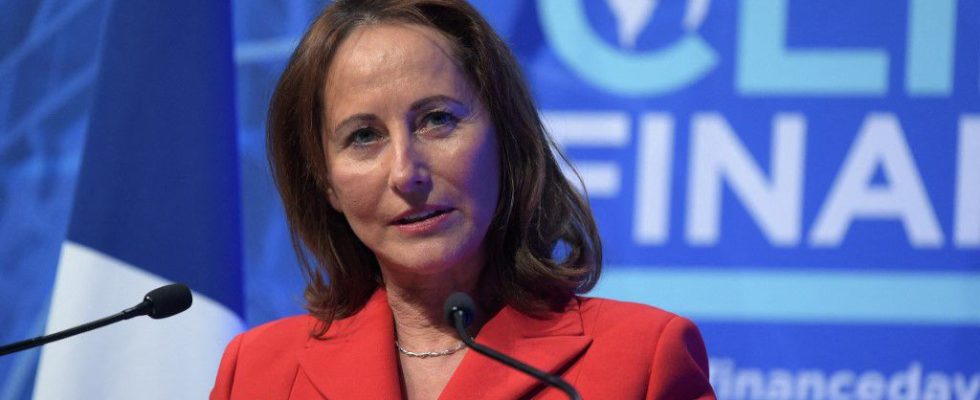With or without fake noses, they seek to dynamite Western unity in the face of the destructive madness of Vladimir Poutine. Out of anti-Americanism, out of hatred for our liberal democracy, those who are nicknamed the pro-Russians and the “useful idiots” of the Kremlin are active on social networks and in political spheres. We thought they were condemned to silence since the Russian invasion, they have never been so dangerous.
EPISODE 1 – Between Russia and the French far right, lasting support and a facade of mistrust
EPISODE 2 – War in Ukraine: when Russophiles insist on boasting of a “powerful Russia”
EPISODE 3 – Idriss Aberkane, Silvano Trotta… When the conspiracy joins the pro-Kremlin argument
The rhetoric sometimes arises here and there, in the mouths of intellectuals and politicians, according to forums and interviews, or slipped into the pages of an essay. It can be summed up in a few words: after almost a year and a half of conflict and atrocities committed following the Russian invasion of Ukraine, it is time for talks to finally obtain peace. “What can I say? I hate war,” writer Marek Halter wrote last March in a column in Marianne. But to save human lives, I would not hesitate to negotiate, even with the devil.” In November, the author already proposed to “Putin and Zelensky to calm things down with a peace caravan“. The idea? “To come with about forty representatives of all religions united for peace”, then “to gather in the squares of Moscow and Maidan in Ukraine.” The two leaders, alas, would have refused…
Two months earlier, Ségolène Royal referred to the figure of Nelson Mandela, to act “relentlessly” to “organize a peace conference”. And slay the “hawks” and other “war profiteers”. Could the military support given to Ukraine – a country under attack – only be aimed at prolonging the conflict? “Giving Russia the opportunity to freeze positions and move towards a negotiation phase plays into the Kremlin’s hands, points out Mathieu Boulègue, associate researcher at Chatham House. It means giving Putin time to come back better prepared in a few years.”
Peace at the price of a dismemberment of Ukraine?
Argument that is not enough to convince the most pacifists. The German philosopher Jürgen Habermas publishes at the end of February in The world a “plea for negotiations after a year of war”. A month later, nearly 300 academics, researchers and humanitarians are supporting it. “Let’s not be naive and imprudent to believe that arms will be enough to bring the solution, let’s strengthen diplomacy!” they shout in another grandstand.
Among its signatories: the sociologist and former resistant Edgar Morin, who in his last essay, From war to war (ed. de l’Aube), was already revealing its paths to achieve peace. “The separatist region of Donbass cannot return to Ukrainian sovereignty”, he mentions among others. As for Crimea, “logic would dictate that it should return to Russia”. So much the worse if “the urgency of working for peace” must come at the price of a dismemberment of Ukraine. “Calling on Kiev to make territorial concessions to obtain peace constitutes de facto undermining that favors Russia, points out historian Galia Ackerman. Whereas if Ukraine regains territory, the conditions for peace will be radically different. “
At this stage, Ukraine is still calling for the withdrawal of Russian troops and the restoration of its territorial integrity as a prerequisite to any discussion. Opposite, the Kremlin considers “impossible” any diplomatic progress as long as Ukraine refuses to cede its four regions annexed by Putin in September 2022. “There are conditions for a negotiation to work, and they are absolutely not met , notes Cédric Mas, president of the Action Resilience Institute. Therefore, proclaiming that the time for diplomacy has come only creates a dissonance that benefits the Kremlin.” On good terms.
